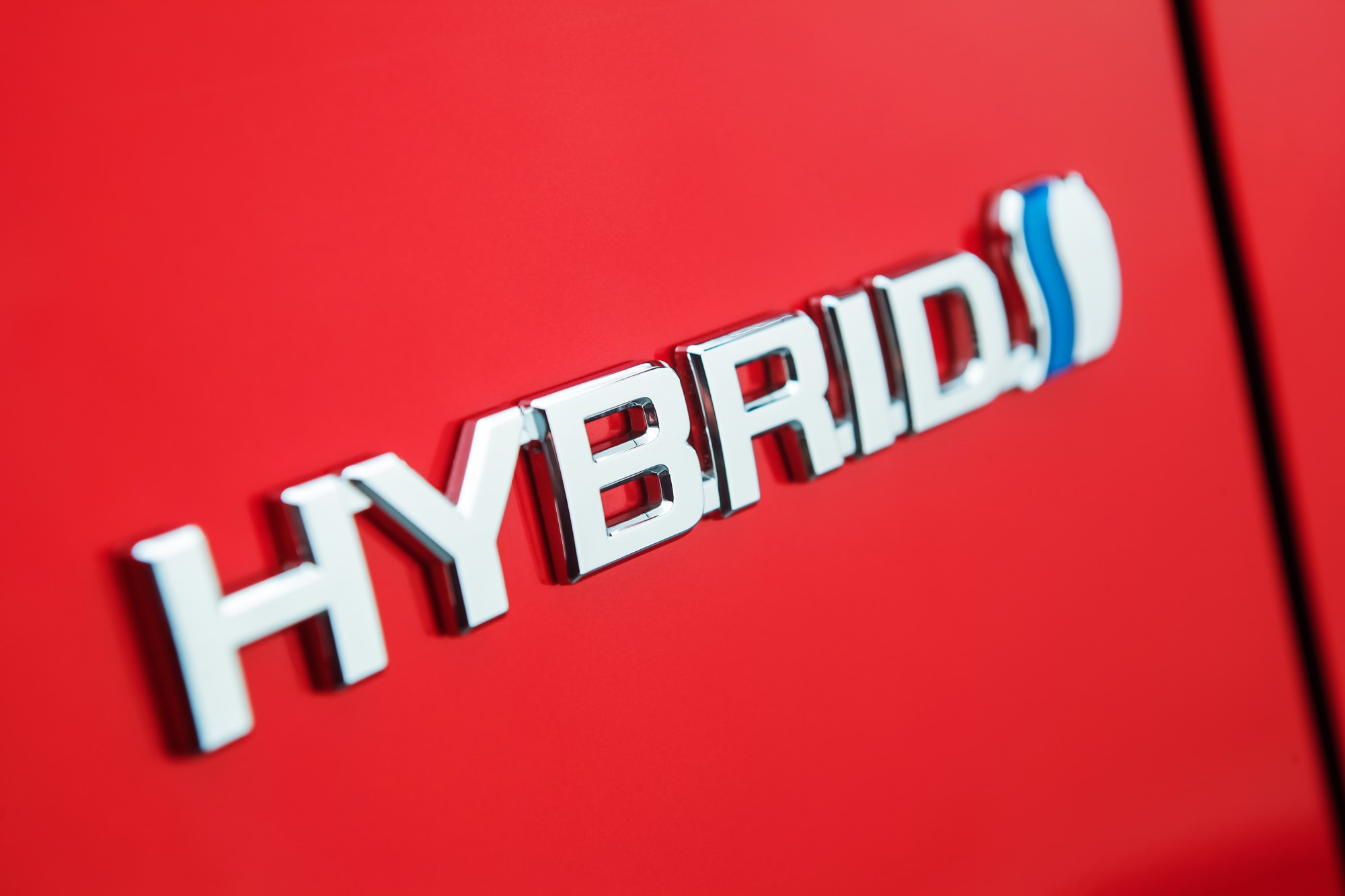After meeting a manufacturer's executive in Davos, São Paulo's governor reveals a new model project


By Alzira Rodrigues | Translated by Jorge Meditsch
São Paulo state government revealed this Thursday, 1/21, a governor Tarcísio de Freitas meeting with Toyota Research Institute’s CEO Gill Pratt at the World Economy Forum in Davos, Swiss.
According to the note released, various themes were debated in the meeting, from the manufacturer’s interest in the state tax reform proposal to investment plans in new models to be launched in Brazil, focusing on hybrids.
Asked about this project, Toyota did not discard it or deny the São Paulo’s government information, but did not release any information about a possible new model:
“It is not a new announcement yet. We are committed to Brazil, and we want to grow sustainably here. Therefore we have projects on the table and are always advancing. But right now, we have nothing defined”.
São Paulo’s government note, highlighting Toyota as a global automotive industry leader, says Gil Pratt shared plans about investments in the country. It says hybrids are “a more sustainable proposal due to using ethanol as fuel”.
The note also informs that another important item at the meeting was the possibility of making this technology, still new in Brazil, affordable for all population. “The governor was invited to visit one of the company’s plants to know this new hybrid car model”, says São Paulo’s government communiqué.
Toyota was a flex-hybrid technology pioneer. These electrified models may use gasoline or ethanol as fuel for their combustion engines. The first of such models launched in Brazil was the Corolla, and the Corolla Cross SUV also offers hybrid versions.
Balanço divulgado pela Brigth Consulting mostra aumento das vendas diretas no período
Projeto de R$ 220 milhões em Sorocaba terá capacidade para 50 toneladas anuais
Desse total, 23 serão cerificadas para operar na América do Sul até o final do…
Martin Galdino comemora momento positivo da marca na América do Sul
Eletrificados participam de 51% do mercado
Montadoras têm joint venture e produzem há 20 anos na China